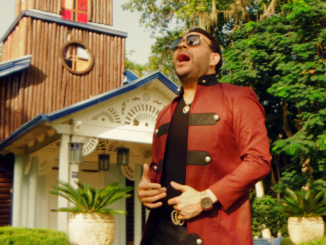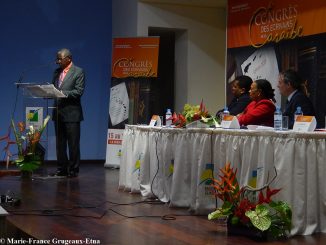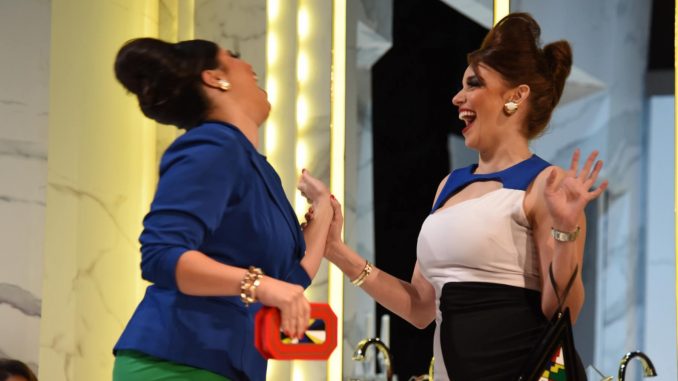
Every day, plays proposed to theaters are more numerous. For many, theater is one of the most complete branches of performing arts. His magic and history are captivating. A few decades ago, theater in the Dominican Republic was seen as a form of expression and demonstration both by the church and some political protesters.
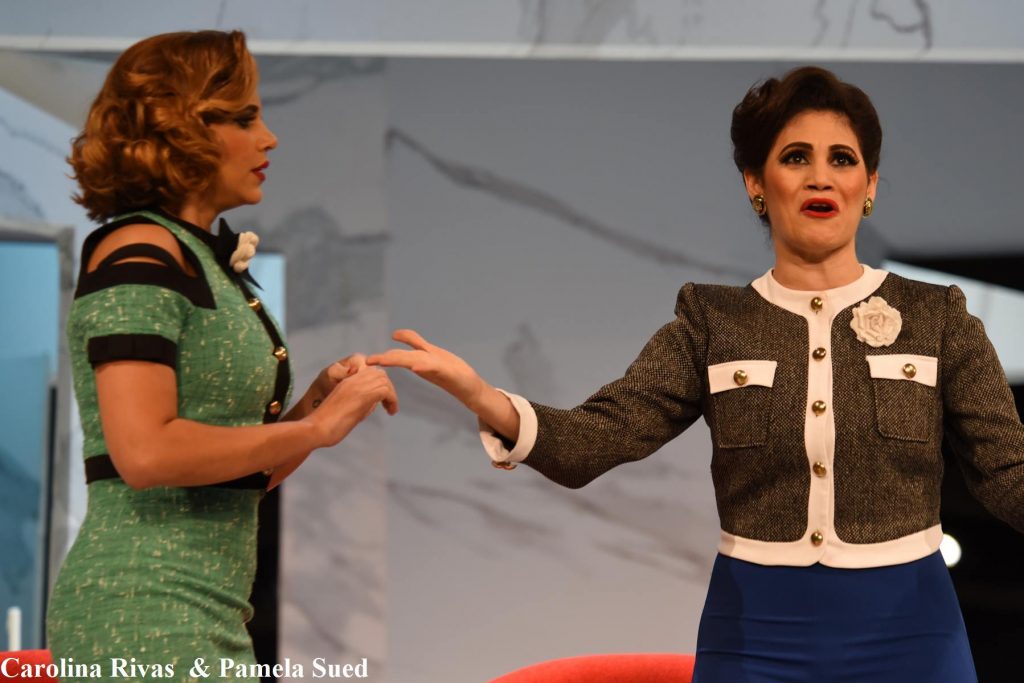
Rather than be considered as an art to entertain, politicians used it as a social denunciation in protest against some ills that they could not deal directly by the repressions of the time. The beginnings of theater in the Dominican Republic date back to 1588. At that time, the productions were few and were awaited with great interest just by some.
In 1946, theater takes a different form in the country. That year, several independent groups and schools where were trained leading actors like Franklin Dominguez, Maximo Avilés Blonda and Manuel Rueda formed were created. Although there were always followers, until recently theater was supported by few people, this because it was associated with boredom and from the public’s point of view when it attended a theater room it would find itself before a play dealing with a social subject while it was seeking entertainment.
This perception disappeared when started coming to theaters romantic plays, comedies, musical theater, drama and tragedies. This variety began to interest the people and not only the public but also a group of aspiring actors who saw a promising future if they performed.
“In theater, at the Latin American level, the Dominican Republic is very well placed in terms of evolution. If we consider theater since the time of the dictatorship, it was a theater with fewer protest, but in the 1970s and the 1980s, the teachers travelled to other countries like Russia, for example, where the stanislavski’s method comes from. From there, they trained us and we were able to create new and various Dominican currents, that is why there is such a variety of theaters”, said Josue Guerrero, one of the leading actors of his generation.

There are plays but not theaters
Today, the theater has gained a loyal audience which looks forward the curtain goes up to discover the play which will surprise them. El Teatro Nacional Eduardo Brito, Palacio de Bellas Artes, Teatro Guloya, Teatro Las Máscaras, Casa de Teatro, Centro Cultural de España Santo Domingo, Teatro Laura Beltrán, Nader Teatro Bar, Centro Cultural Narciso González are part of the rooms that have the capital, Santo Domingo, to present all the plays they put on every year.
But for many authors, these rooms are not sufficient to play their works and sometimes they have to wait one year to have an available room to present their plays. Some of them have chosen to found their own theater to avoid delays. This is the case for Mrs. Germana Quintana, considered as one of the legends of Dominican theater. Quintana is the founder of Las Máscaras Theater, this theater is known for presenting one of the most emblematic plays of the country, “Cita a Ciegas” (Date in the dark), which exceeds one hundred performances.
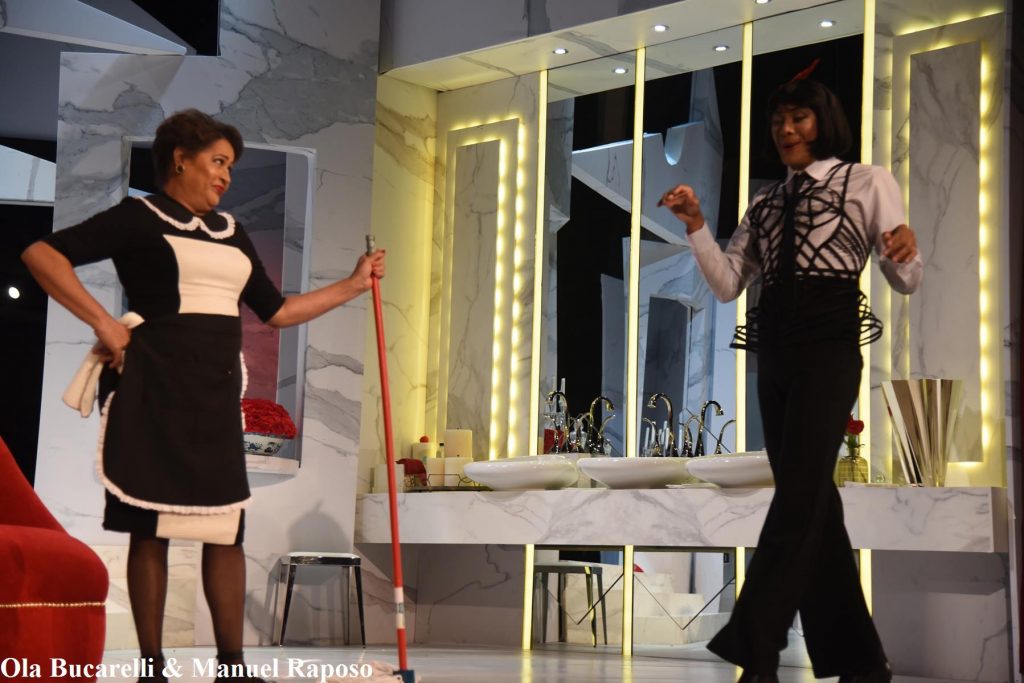
Some works
A month in the country are presented between 10 and 15 works. The theatrical culture has expanded and this is confirmed when there are two and three extra performances of the same play as this is the case for “Los Prepagos” (the Prepaid), a play where four actors embody a group of friends who make their living dancing at a strip club and show the other side of the story ; the reality that affects these men, their vicissitudes , their fears, their dreams and their experiences.
Written by Yovanny Duran, a Venezuelan playwright, and adapted in Santo Domingo by the actress Aleja Johnson, the play was successfully performed for the entire month of July in the Bar del Juan Lockward of Eduardo Brito National Theatre.
The same thing happened with “Baño de Damas” (Ladies’ Room) of also Venezuelan Rodolfo Santana. It had such a success that it had performed two weekends more at the request of the public. The work tells the experiences of a group of girls who frequents a nightclub and everything that happens in the ladies’ room of the nightclub. The last weekend of July was its last performance, but its producers do not rule out a future.
In August, is planned the performance of the work “7 Mujeres” (7 Women) under the directing of the actor Ivan Mejía. “7 Mujeres” will tell the life of a modern family and its internal problems.
The theatrical activity in the country decreases a little in the middle of the year and and increases at the end.

